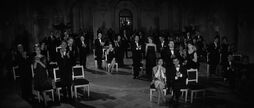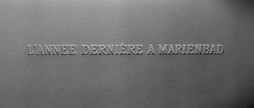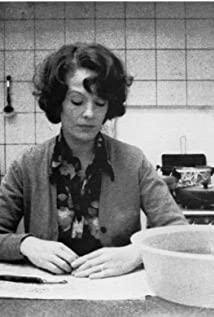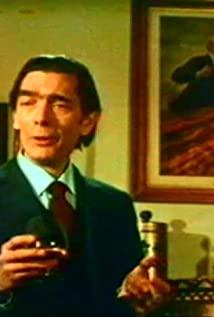"...I decided to trust the understanding of the audience and to keep the audience in a purely subjective imagination from beginning to end. Two attitudes can arise. One is that the audience tries to restore some kind of 'Cartesian' pattern, to understand the context as much as possible. , to make sense, such an audience would presumably find the film incomprehensible, if not incomprehensible; the other attitude would be the opposite, the audience would go with the flow, with the unusual images presented before them, with the actors’ actions. The sound, with the music, with the rhythm of the cuts, with the protagonist's arousal, into the film, then such an audience will think this is the easiest film to understand: this kind of film only needs the sensibility of the audience. , that is, his vision, hearing, and feeling, as long as he is moved. He will feel that the stories told in the film are the most realistic, the most real, and the most in line with his daily emotional life. If he gets rid of prejudice and psychology Analysis, get rid of the disgustingly gross and disgusting comprehension boxes instilled in him by the old novels or movies: in fact, these comprehension boxes are the most abstract.
" Introduction to Marienbad. As Greer said, the film split the audience into two groups.
"Last year at Marienbad" is missing a subject. You should add "I" to it. The film is constructed by every viewer who likes it, and the usual "irrational" crankiness is conjured up. This film is not a very abrupt and pure "being seen", but a two-way communication. How fascinating is that which is visible and invisible, such as time.
I've always thought it was one of the most beautiful and expressive films, and you could even leave the "one" out. You can find everything about movies, as well as the shadows of literature and stage play, which are related to movies. At the same time it feels to a certain extent transcend these two older arts.
View more about
Last Year at Marienbad reviews











